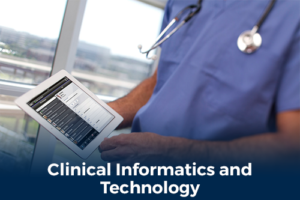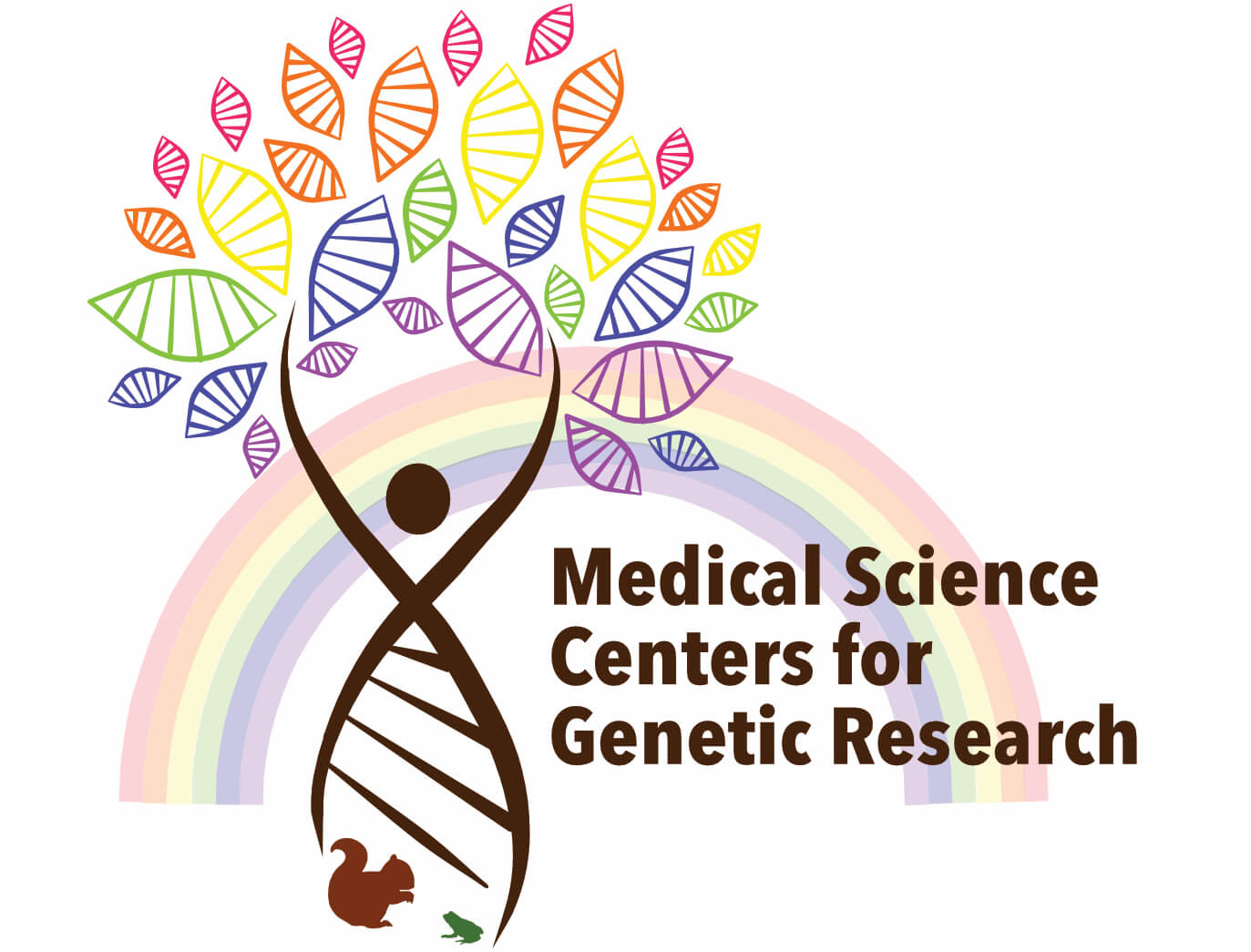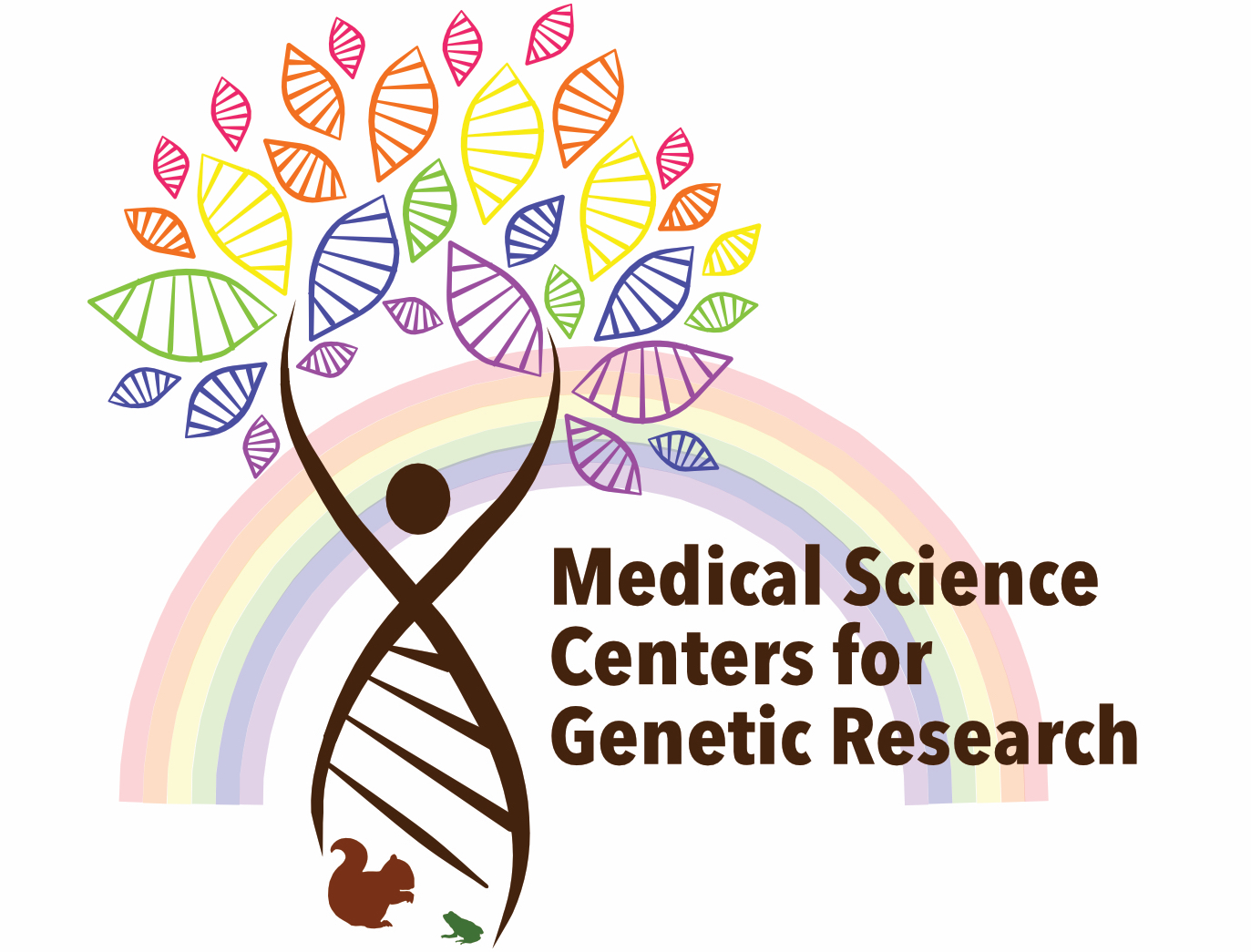Testing Overview
At MSCFGR we provide the most cutting edge genetic tests available today. Each individual will face a multitude of health challenges throughout their life. We want to provide a tool to help you confront those challenges. The specific genetic blueprint that our tests provide gives a road map to your own personalized healthcare. Our genetic tests cover these specific areas: Adverse Drug Reactions, Allergy, Cancer, Gastrointestinal, Pregnancy, Respiratory Infections, and Inherited Conditions. Learn about some of the tests we offer below
MSCFGR Lab Services covers: Adverse Drug Reactions, Allergy, Cancer, Gastrointestinal, Pregnancy, Respiratory Infections, Pain Management, and Inherited Conditions.

PHARMACOGENOMIC TESTING
At MSCFGR we have multiple offerings that cover a diverse range of specialties. However, there is one offering that we are particularly passionate about and that is our Pharmacogenomic test. Pharmacogenomics is the study of how genes affect a person’s response to drugs. With a simple non invasive cheek swab we are able to help medical professionals and their patients come up with a drug regimen that will specifically work for them based on their genetic makeup. A blueprint that will show how each individual patient will metabolize the drugs they are prescribed. Having this test performed will help a doctor prescribe the right drug, at the right dose, the very first time. It is our mission to drastically reduce the number of adverse drug reactions that happen every single day.

HEREDITARY OR PREDISPOSITION CANCER GENOMICS
Molecular testing looks for specific inherited changes (mutations) in a person’s genetic make-up. Genetic mutations may have multiple different effects on a patient’s health. Mutations that are harmful may increase a person’s chance, or risk, of developing a disease such as cancer. Inherited mutations are thought to play a role in 5-10% of all cancers. These particular conditions are considered hereditary and appropriate genetic testing may be used to determine an individual’s risk.
Some people inherit mutation(s) in the germline, allowing for the mutations to be passed on from their parents and to their children. There are two classes of cellular genes: oncogenes and tumor suppressor genes. Often, multiple genetic mutations in a single individual are responsible for the development of hereditary cancers.

RESPIRATORY TESTING
Acute respiratory infection is a major cause of morbidity and mortality in young, geriatric and immunocompromised patients. The use of
rapid antigen detection tests in the office has become popular and offered value but is still very limited due to the low sensitivity and focus
on single pathogen diagnosis. These rapid antigen tests may also create a false sense of security for both the patient and the provider when
relied upon as a confirmatory test. False negatives can lead to a delayed diagnosis and poor clinical outcomes. Co-infection is also high
within these populations and access to advanced technology is essential to detect multiple pathogens at once. This test offers a
solution that is both rapid and accurate and eliminates the guesswork in diagnosing and treating upper respiratory infections.

ALLERGY TESTING
Industry exclusive blood drop testing card that provides patented micro-array technology to identify a 50-Allergen Non-Inhalant panel (40 of the most common Foods, 7 Stinging Insects, Penicillin, Latex, plus Total IgE) and 70-Allergen Environmental Inhalant panel (7 Grass, 15 Weed, 29 Tree Pollens, 13 Molds & Fungi, 8 Animals & Insects).

INHERITED CONDITIONS
While the genes we inherit from our family are the source of many of our best traits, they can also impact our health. Certain inherited conditions can increase our risk for cancer or other illness. You’ll learn through testing whether you have an inherited condition that places you at higher lifetime risk of cancer or other diseases. If testing reveals you’re a carrier, you can take charge of your health through proactive lifestyle changes and medical care.

OBSTRUCTIVE CORONARY ARTERY DISEASE TEST
This is a blood test that:
- Integrates your age, sex, and gene expression to calculate a score. The higher the score, the higher the likelihood of having a significant narrowing or blockage in your heart arteries.
- Takes into account cardiovascular differences between men and women in its assessment.
- Has been validated in two clinical studies in the U.S. called PREDICT and COMPASS, with 526 and 431 patient samples, respectively.
- Provides your doctor with a score indicating the likelihood that you have a significant narrowing or blockage in your heart arteries.
- Is simple to administer, safe, and convenient, requiring only a routine blood draw procedure.

INTENDED PATIENTS
The test is intended for patients who complain of symptoms that may indicate signs of narrowed arteries in their hearts. These symptoms may occur with or without chest discomfort or shortness of breath and may include:
- Tightness or pressure in the throat, jaw, shoulder, abdomen, back, or arm
- Squeezing, heaviness, or burning sensation in the upper body
- Abdominal discomfort or fullness
- Indigestion or heartburn
- Nausea
- Vomiting
- Dizziness or light-headedness
You should not have the test if you:
- Have been previously diagnosed with a heart attack
- Have had a previous invasive (surgical) procedure to open a blocked or narrowed artery
- Are diabetic
- Are currently taking steroids, immunosuppressive agents, or chemotherapeutic agents

FAMILY RISK INSIGHT
- Cancer that occurs in unusually young ages
- Multiple childhood cancers in siblings
- Cancer occurring in an unusual gender (e.g., breast cancer in male family members)
- Multiple cancers in a single person
- Cancer in organ pairs (e.g., cancers in both kidneys)
- Rare cancers occurring in multiple members of the family

“Adherence monitoring is crucial to avoid abuse of the drugs and at the same time to encourage appropriate use, and involves the initiation of drug screening, pill counts and patient care agreements, with the motto of ‘trust but VERIFY’.”
TOXICOLOGY CONFIRMATIONS
The management of patients who suffer from chronic pain or other diagnoses requiring treatment with scheduled medications as part of their healthcare plan is evolving. Many of the changes in the way we approach monitoring these patients over the last decade have been adopted to help combat a prescription drug abuse epidemic.
The death rate from prescription drug overdose has more than tripled over the last decade. Initiation of comprehensive protocols to assess adherence/compliance has become the standard of care in treating patients receiving scheduled medications.
As stated in the American Society of Interventional Pain Physicians Opioid Guidelines:
DID YOU KNOW
Poor medication adherence takes the lives of over 125,000 Americans annually and costs the health care industry nearly $300 billion a year (Iuga, Aurel et al., 2014)
DID YOU KNOW
Drug-drug Interactions account for almost 4 percent of all emergency room visits (National Academy of Science, 1995).
DID YOU KNOW
Drug-drug Interactions cost the US healthcare system $136 billion annually (Johnson, JA et al.,1995).

GI TESTING
Most GI infections are common, self-limited and do not require medical attention. However, the rate of GI infection related deaths has more
than doubled over the recent years and patients with persistent symptoms need to be evaluated more extensively. Conventional gastrointestinal diagnostic techniques are variable depending on the suspected pathogen and many require rigid collection techniques and particular transport mediums to preserve the quality of the sample.
In addition, the lab testing is often labor intensive and lacks theappropriate sensitivity. Unfortunately, these limitations can result in prolonged symptoms, repeated and subsequent testing and poor clinical outcomes. This specific testing offers a superior solution that eliminates these complexities so providers can efficiently and accurately treat patients.

TECHNOLOGY
This test utilizes Real-Time PCR for pathogen identification, quantification & detection of antibiotic resistance. PCR is a molecular technique performed in a high complexity laboratory and can be used to precisely analyze the genetic material of pathogens. This advanced technology is 3-5X more sensitive than conventional culture and allows it to report both pathogen identification and antibiotic resistance testing results within 12-24 hours of specimen arrival at the lab.

CLINICAL ADVANTAGES
- Detects Polymicrobial Infections at Once
- Detects Pathogens That Can’t Be Cultured
-
Provides an Accurate Diagnosis Within 24 hours
- Unaffected By Concurrent Antibiotic Use
- Decreases Additional Unnecessary Diagnostic Testing
- Ease in Specimen Collection (Swab or Stool)
- Identifies Antibiotic Resistance without Additional Testing
- Improves Antibiotic Stewardship
- Reduces Unnecessary Drug Exposure and Adverse Events
- Decreases Patient Risks
- Eliminates Subjectivity and Improves Clinical Confidence
- Improves Patient Satisfaction

WOUND SEQUENCING
Healthcare professionals are continually challenged with the diagnosis and management of acute and chronic wounds. Delays in healing are usually multi-factorial and require a systematic approach beginning with the accurate detection of infectious agents. Conventional culture techniques are limited in being able to produce the growth of certain pathogens and leaves the provider with uncertainty. This test helps redefine the approach to pathogen identification in wounds with the development of six different specialized panels that can detect up to 46 pathogens at once per wound type. This level of specification combined with the most advanced technology is the first step to achieving successful wound healing.

PAIN MANAGEMENT
Patients see their primary care physicians (PCPs) for a variety of medical conditions, chronic pain being one of the most common. An increased use of prescription medications (especially opi- oids) has led to an increase in adverse drug reactions and has heightened our awareness of the variability in response to medications. Opioids and other pain adjuvants are widely used, and drug–drug interactions involving these analgesics can be problematic and poten- tially lethal. Pharmacogenetics has improved our understanding of drug efficacy and response, opened doors to individual tailoring of medical management, and created a series of ethical and economic considerations. Since it is a relatively new field, genetic testing has not been fully integrated into the primary care set- ting. The purpose of this paper is to review the

PEDIATRIC GENETIC TESTING
- Pediatric pharmacology requires a good understanding of clinical condition(s), demographic variability, approved and off-label uses
- Pediatrics pharmacogenetics requires a good understanding of the ontogeny (maturition projectory) of the pharmacogenes and the impact of genetic variants on protein function/level

MENTAL ILLNESS TESTING
Psychiatric medications influence the brain chemicals that regulate emotions and thought patterns. They’re usually more effective when combined with psychotherapy. In some cases, medicines can reduce symptoms so other methods of a treatment plan can be more effective. For example, a medication can ease symptoms of depression like loss of energy and lack of concentration, allowing an individual to engage more in talk therapy.
However, predicting who will respond to what medication can be difficult because different medications may work better for one person than for another.
TECHNOLOGY
This test utilizes Real-Time PCR for pathogen identification, quantification & detection of antibiotic resistance. PCR is a molecular
technique performed in a high complexity laboratory and can be used to precisely analyze the genetic material of pathogens. PCR is 3-5X
more sensitive than conventional culture techniques and allows it to report both pathogen identification and antibiotic resistance
results within 12-24 hours of specimen arrival at the lab.
CLINICAL ADVANTAGES
- Provides an Accurate Diagnosis within 24 hours
- Detects Polymicrobial Infections at Once
- Provides Qualitative and Quantitative Bacterial Load Analyses
- Unaffected By Concurrent Antibiotic Use
- Detects Pathogens that May Not Be Detectable by Culture
- Decreases Healthcare Costs
- Identifies Antibiotic Resistance
- Improves Antibiotic Stewardship
- Reduces Unnecessary Drug Exposure and Adverse Events
- Decreases Patient Risks
- Eliminates Subjectivity and Improves Clinical Confidence
- Improves Patient Satisfaction


